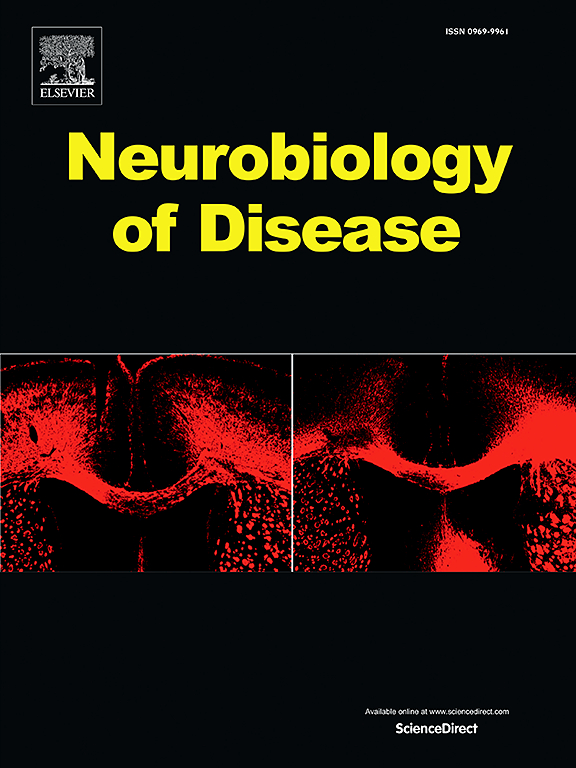线粒体可塑性:神经元可塑性和记忆中的一个新概念。
IF 5.1
2区 医学
Q1 NEUROSCIENCES
引用次数: 0
摘要
线粒体通常被视为神经元的 "按需 "能量供应者,以支持神经元的活动。为了适应各种需求,线粒体需要具有高度动态性,能够调整其代谢活动、形状和定位。虽然线粒体的这些可塑特性使其在神经元基础生理学中发挥着核心支持作用,但最近的一些证据表明,线粒体在调控记忆形成等高阶认知功能方面发挥着作用。在这篇综述中,我们将从分子和细胞层面讨论线粒体功能和神经可塑性在维持记忆形成中的相互作用。首先,我们探讨线粒体在记忆形成中的全球意义。然后,我们将详细介绍线粒体可塑性的记忆相关细胞和分子机制。最后,我们将重点讨论线粒体在记忆形成过程中发挥关键作用的那些功能,包括但不限于产生 ATP。总之,本综述强调了线粒体结构和功能可塑性在支持和调节神经元可塑性和记忆方面的核心作用。本文章由计算机程序翻译,如有差异,请以英文原文为准。
Mitochondrial plasticity: An emergent concept in neuronal plasticity and memory
Mitochondria are classically viewed as ‘on demand’ energy suppliers to neurons in support of their activity. In order to adapt to a wide range of demands, mitochondria need to be highly dynamic and capable of adjusting their metabolic activity, shape, and localization. Although these plastic properties give them a central support role in basal neuronal physiology, recent lines of evidence point toward a role for mitochondria in the regulation of high-order cognitive functions such as memory formation. In this review, we discuss the interplay between mitochondrial function and neural plasticity in sustaining memory formation at the molecular and cellular levels. First, we explore the global significance of mitochondria in memory formation. Then, we will detail the memory-relevant cellular and molecular mechanisms of mitochondrial plasticity. Finally, we focus on those mitochondrial functions, including but not limited to ATP production, that give mitochondria their pivotal role in memory formation. Altogether, this review highlights the central role of mitochondrial structural and functional plasticity in supporting and regulating neuronal plasticity and memory.
求助全文
通过发布文献求助,成功后即可免费获取论文全文。
去求助
来源期刊

Neurobiology of Disease
医学-神经科学
CiteScore
11.20
自引率
3.30%
发文量
270
审稿时长
76 days
期刊介绍:
Neurobiology of Disease is a major international journal at the interface between basic and clinical neuroscience. The journal provides a forum for the publication of top quality research papers on: molecular and cellular definitions of disease mechanisms, the neural systems and underpinning behavioral disorders, the genetics of inherited neurological and psychiatric diseases, nervous system aging, and findings relevant to the development of new therapies.
 求助内容:
求助内容: 应助结果提醒方式:
应助结果提醒方式:


